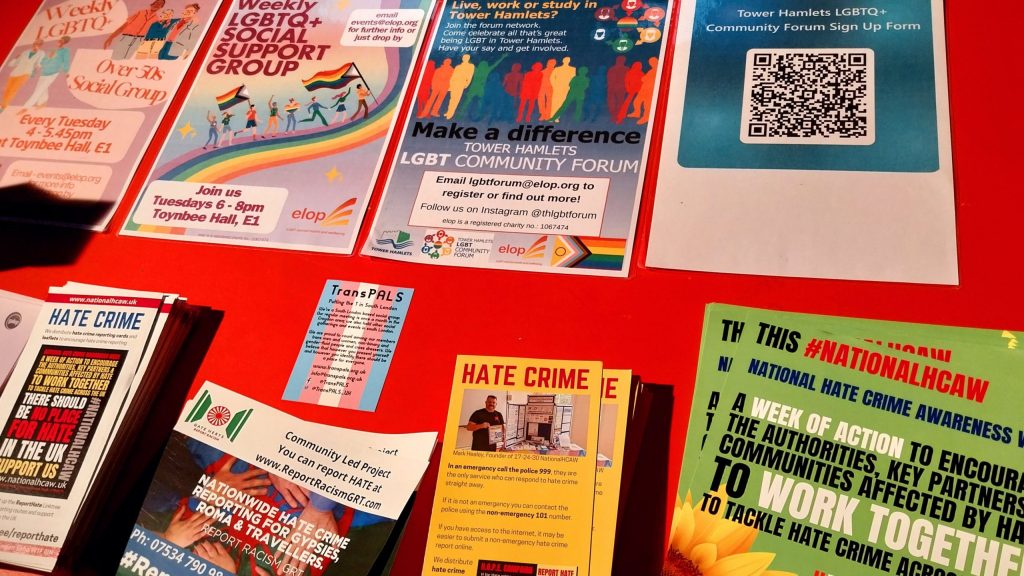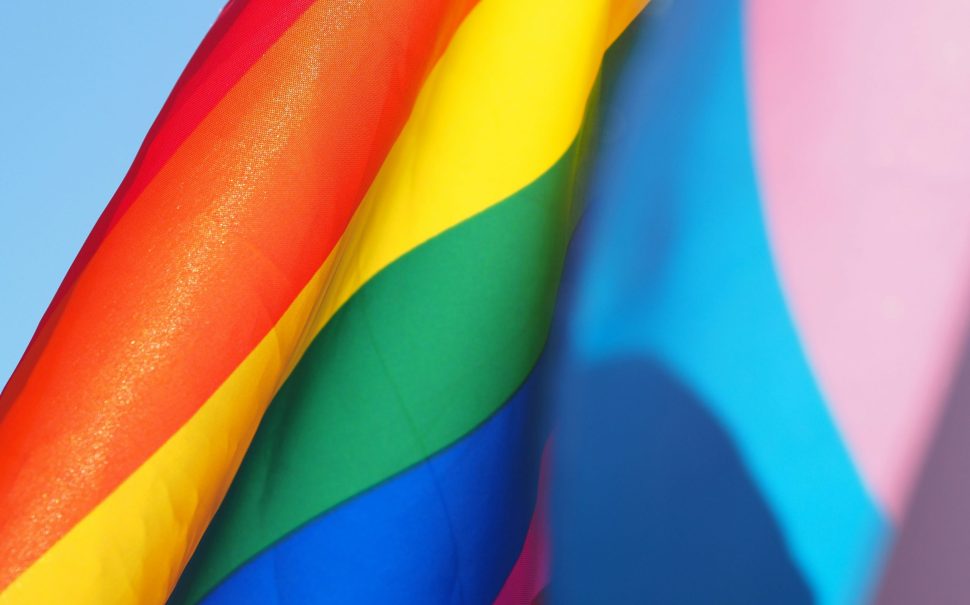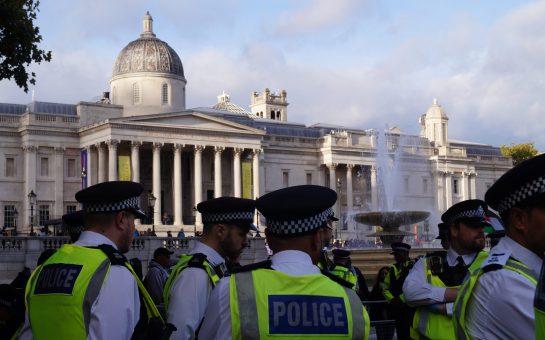In light of National Hate Crime Awareness Week, members of the LGBTQ+ community have grown increasingly concerned that the Met Police are not handling hate crimes seriously enough.
National Hate Crime Awareness Week, which took place from 11 – 18 October, was designed to encourage the government, police, and councils, as well as the communities impacted by hate crimes, to work together in order to combat hate crimes throughout the UK.
Yet, questions remain about whether the Met’s current policing tactics have been effective against the growth in LGBTQ+ linked hate attacks.
“Hate is absolutely on the rise,” said Mark Brown, a community and events worker at East London Out Project (ELOP), a lesbian and gay mental health charity based in Walthamstow.
“And I think the challenging thing is that a lot of communities that have experienced hatred have also had really negative experiences with statutory services like the police, which are meant to be there to protect and serve our communities.”
Speaking specifically about the LGBTQ+ community, Brown said that four in five people who have experienced an incident of hate crime have not reported it to the police, a statistic confirmed by both YouGov and LGBTQ+ charity Stonewall.
The reasoning behind this, he believes, is a lack of confidence and trust in the police to take meaningful action.
“With the discrimination that people have experienced from police, there’s the fear of having to do all the admin and re-traumatising yourself,” he said.
Calls for change have come especially amid the Met’s recent statement that it will no longer look into non-crime hate incidents – characterised as actions or behaviours motivated by hostility towards an individual’s protected traits – in order to free up officers to ‘focus on matters that meet the threshold for criminal investigations’.
However, many believe this is a step backward for the reporting and monitoring of hate crimes.
Reacting to the news, Emily Patient, an LGBTQ+ rights advocate, asked the force: “What else are you going to do then? Are there going to be reporting systems? Or will there be an online website in place where I can say, ‘I got harassed here’?
“Because it is the motivation behind these incidents which makes them even more harmful, and minor incidents have the potential to escalate into bigger issues.”
Given that as of September 2025, there have been more than 2,210 reported instances of homophobic crimes to the Met, it is clear that LGBTQ+ hate crimes remain widespread and pervasive across the capital.
Sarah Humphreys, chair of ELOP, said: “Hate-motivated abuse also tends to have a more profound and enduring effect than other types of crime because it attacks the core of someone’s identity.
“It impacts people’s self-esteem, their confidence, and the need to be hyper-vigilant. It can lead to panic attacks, post-traumatic stress disorder, self-harm, or suicidal thoughts and behaviour.”
The absence of a unified police reporting standard, Humphreys believes, has discouraged people from reporting hate crimes, and the need for third-party reporting sites remains more critical than ever.
She said: “I think for the LGBT community currently, people feel very unsafe and don’t know what services they can use.”
Although some third-party sites do exist, the most notable of which is provided by Galop – a national LGBTQ+ anti-violence charity – platforms for individuals to not only report hate crimes but to also receive advocacy on their behalf remain few and far between.

Humphreys also questioned whether enough was being done within schools to ensure young people were being educated on gender identity, tolerance, and the consequences of hate speech.
She said: “Actions based on hate are a tricky thing, because if they happen in a school it’s called bullying but if they happen in a park, it’s called a hate crime.
“So how do you talk to young people about this, given that the most recent guidance isn’t particularly helpful about how you talk about trans issues and gender identity in schools?”
In times of hardship and economic instability, Patient believes it is easy for people to turn on communities they believe are the cause of their frustrations.
Yet, all three hope that with resilience, community support, and better policing standards, they will be able to turn the tide on hatred.
Featured image credit: Cecilie Bomstad via Unsplash





Join the discussion